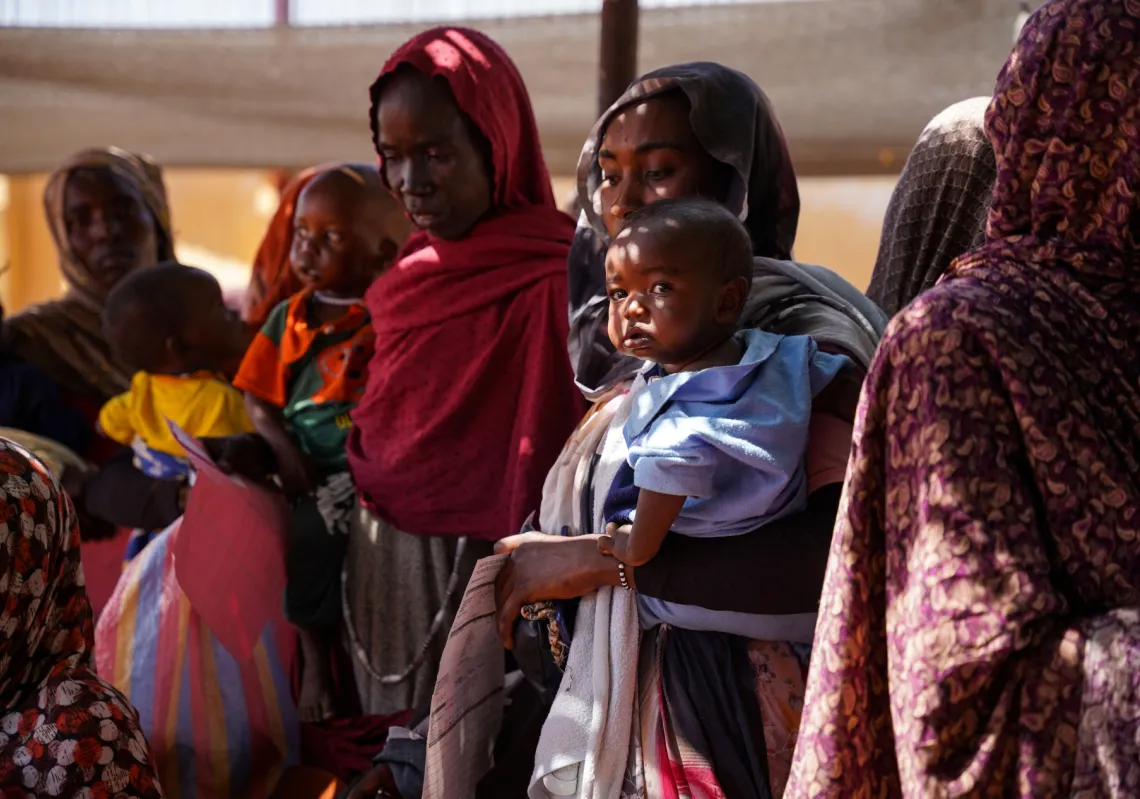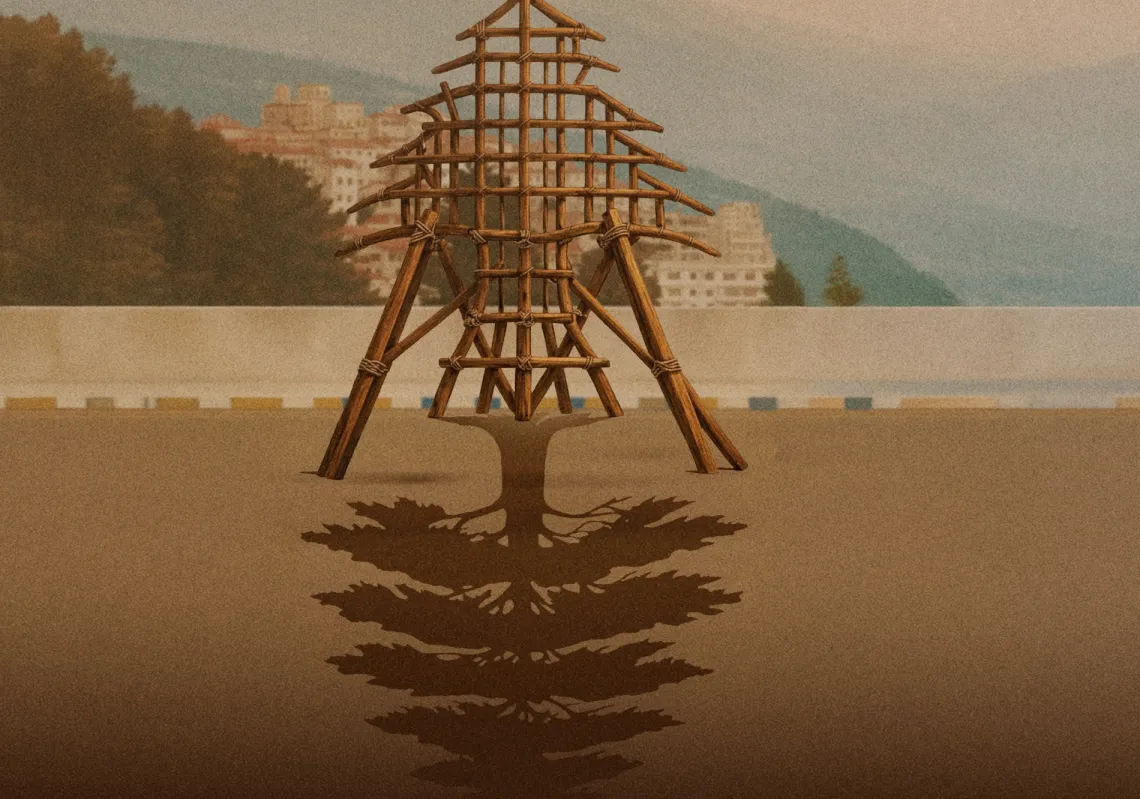Yemeni-Swiss scholar Elham Manea speaks with The Majalla about the crisis in Yemen and its impact on the Gulf. Manea was born in Egypt and earned her Bachelor degree in Political Science from Kuwait University in 1989. She continued her studies as a Fulbright Scholar, earning her master’s degree in Comparative Politics from the American University in Washington D.C. In 2001 she earned her PhD in Political Science from Zurich University. Manea has developed her career in both journalism and academia. She worked as a journalist at the Arabic Service of Swissinfo/Swiss Radio International. Manea also taught at Sana’a University in Yemen and currently teaches at Zurich University. She has written extensively on the Gulf, including a book entitled Regional Politics in the Gulf: Saudi Arabia, Oman, Yemen.
The Majalla: What do you think are the underlying causes of the conflicts in Yemen?
There are different conflicts in Yemen today. However, if you look at them separately you can see that at the foundation they result from the fact that Yemen is a weak state—a state that is unable to function or to provide services to its citizens. On the other hand, the two conflicts have different histories. The separatist conflict in the South of Yemen has resulted from the consequences of the 1994 civil war, while the Houthi rebellion in North Yemen is a sectarian conflict intermingled with socioeconomic grievances. We are talking about two different conflicts that should be dealt according to their own context, but at the core of both lies the fact that Yemen has a weak state that has been failing its citizens.
Q: What is the government doing to address social grievances present in the Houthi movement?
Until today, I would say that the government has not been part of the solution. In addition to the weak capacity of the state, if you look at the way the conflict started you realize that the Yemeni leadership supported the Houthis in the past before they rebelled against the government. The government did this as part of their own politics of survival. The Yemeni leadership was trying to weaken the Islah Party, an Islamic party that presented a strong opposition to the government at the time. In attempting to weaken the Islah Party by supporting a counter Zaydi group, the government’s policies backfired.
Today when you look at the issue of the Houthis in the Saada region you realize that those who were supporting the Houthis before were tribes that did not necessarily share the same sectarian belief of the Houthis. But they supported them as a response to the heavy-handed policies of the army and their own perception that the government had not delivered services to their region.
The question is basically how do you deal with this issue today? I always look at history for examples that could help us deal with this problem. I see how the Sultanate of Oman dealt with its own rebellion in the 70’s. The government at the time used the tribal sector to their own advantage. They called on the rebel groups to give up their arms. Once they did, they were recruited to a special unit in an army. Then they were relocated to their own region, so that people of the region did not feel foreigners were trying to take control of their area. At the same time, the Sultanate of Oman took the economic and social grievances of these people seriously. They launched a government program that actually provided infrastructure, including education and health services, for the people in the area. In my opinion, in order to deal with the problems in the North of Yemen one has to use a similar approach. Only with this approach would the government be dealing with the roots of the problems in Yemen.
Q: How have Yemen’s tribal origins impacted the government’s ability to address the rebellion?
The tribal sector has always complicated the Yemeni context and the problem has to do with the fact that Yemen has a weak state. This has led to a situation in which you have areas that are pockets of tribal rule. The central government had no authority over these areas. The tribal factor is a problem, but one can try at least to use the tribal system in an advantageous way. However, I do believe that it will not be possible to create a strong state in Yemen without breaking the tribal institutions as independent from the state. Yemen needs a coherent policy towards the tribal system.
Q: That sounds like a catch-22. Is it not a contradictory policy that you are proposing?
Yes there is some contradiction there. First of all one has to strengthen the state’s central authority and its ability to reach the peripheral areas of the country. On the other hand, if the government was successful in providing infrastructure and services so as to replace the services tribes provide, it would be possible to make a connection between the individual and the state. Until today the failure of the state to provide their citizens with these resources has encouraged them to look towards the only other alternative, and that is the tribes.
Q: So you don’t see an end to the conflict in the near future?
No, not really. As I said earlier, the government has not been part of the solution. In addition to that, the corruption of the government complicates the process. If you are actually serious about launching a development program, you need an administration that is competent of implementing this type of plan. Until today, many donor states have been expressing their grievances towards Yemeni officials with regards to how aid has been used. Corruption is a big issue in this case.
Q: How did the escalation of internal conflicts in Yemen impact Al-Qaeda’s presence in Yemen?
Al-Qaeda’s presence has not only to do with the conflict but also with two other factors: the tribal factor and the weakness of the central state. The independence of the tribal areas and the inability of the state to reach remote areas both provided a space for Al-Qaeda cells to operate freely. In addition, Yemen’s own topography provides a haven for such cells. Yet another factor has to do with the tribal sector’s moral code of honor. This code obliges them to protect any group that comes to them, and this is complicating the whole issue. On the other hand, in previous conflicts tribes were used to changing sides—historically supporting whoever paid them more. So there are these two forces at play affecting how the tribes deal with the conflict. What is true is that this allows the tribes to separate themselves from the conflict. They don’t consider themselves part of the conflict between the central state and terrorists. Perhaps it would be a wiser strategy to show them that they stand to benefit from cooperating with the government.
Q: Is the general population in Yemen receptive to Al-Qaeda?
In my opinion Yemen has lost a whole generation because of the type of education that was provided through what were called “scientific institutes.” These institutes were religious institutes preaching a salafi and wahabi interpretation, which is extremist and pro jihad. We lost this generation also because this type of school came within a context when North and South Yemen were competing against each other. At the same time, North Yemen and Saudi Arabia were trying to combat the communist ideology of the South of Yemen. So now we have a generation that is more or less formed by the extremist ideology of wahabism. I personally wouldn’t be surprised to see that there is a significant portion of young people who might be sympathetic to the message of Bin Laden.
These institutions were closed after 9/11, which was a good step. Nevertheless, what is very surprising is the example of a university like al-Imam. This university is led by Zindani, a well-known Salafia sheikh with connections to Osama bin Laden. He has been known for being sympathetic to Bin Laden’s message, yet the university is allowed to work freely and without any government supervision. I would be surprised if this university taught its students a message of tolerance. This is why I say that until today the government has not acted in a manner that corresponds to its words. If you are really serious about combating extremism in Yemen then you should address the root of the problem.
Q: You have referred to the sectarian nature of the conflict. Do you believe this encourages other countries to try to influence the outcome of the conflict?
The Houthis are Zaydis, and Zaydism is closer to Sunni Islam than Shiism. But it would not be a big surprise if Iran had an interest in supporting the Houthis. You see in their own satellite channel, Al-Ayam, that they support the Houthi rebellion. Iran has its own strategic and regional ambition, and it sees that this conflict could be of use, especially when it comes to destabilizing Saudi Arabia.
The Houthis on the other hand, who insist that they are independent, would welcome external help, especially from Iran. The fact that there are religious differences between them has not affected the presence of an affinity between them.
Q: The International Institute of Strategic Studies argues that the threats the Gulf faces could be addressed by regional cooperation. Do you agree?
I would like to highlight this issue and stress that this assessment goes to the core of what’s wrong in the Gulf. Again, if you look at Oman and how it solved its problems in the 70’s, part of their strategy was that they were successfully integrated with other Gulf countries. Oman was supported financially until it was able to stand on its feet. A similar approach would be very wise when it comes to Yemen. In addition to integrating the country into the GCC, the remaining countries of the region should also look at the security of Yemen as synonymous with the security of the whole region. If you let Yemen fall, the whole region could be destabilized. From there you can launch attacks on other Gulf states, and the leaders of the rebellion in Yemen have made no secret of their intentions of spreading in the region.
Interview conducted by Paula Mejia







